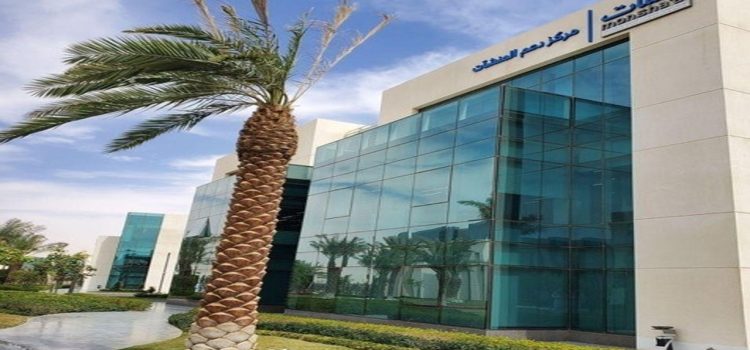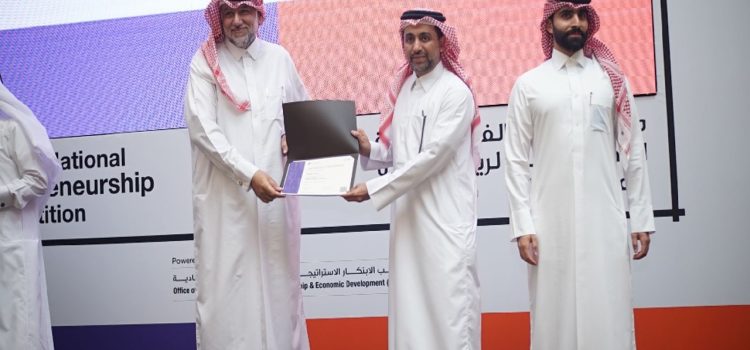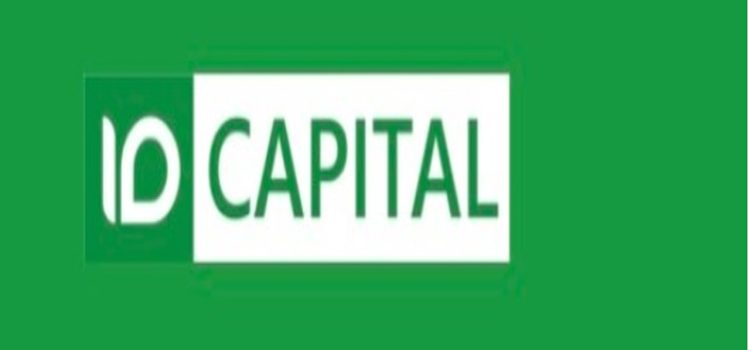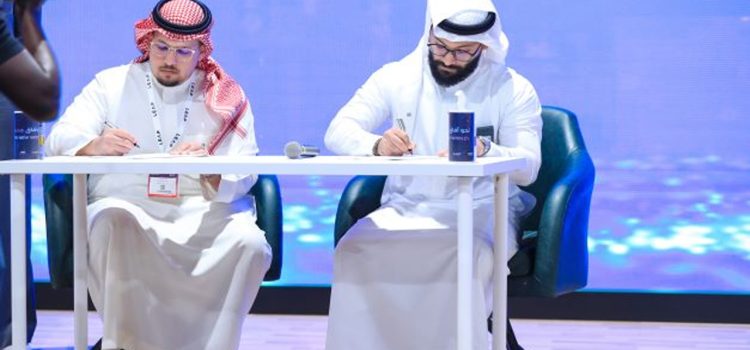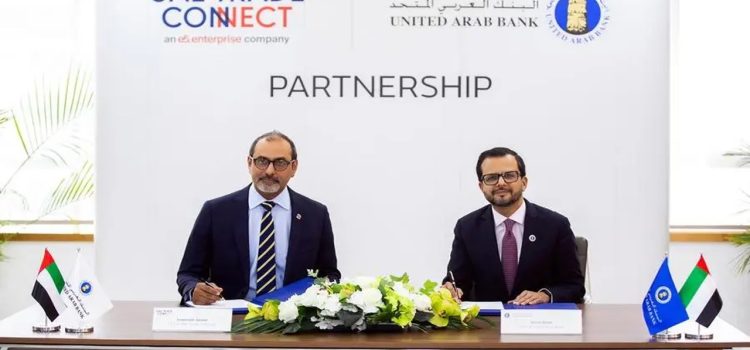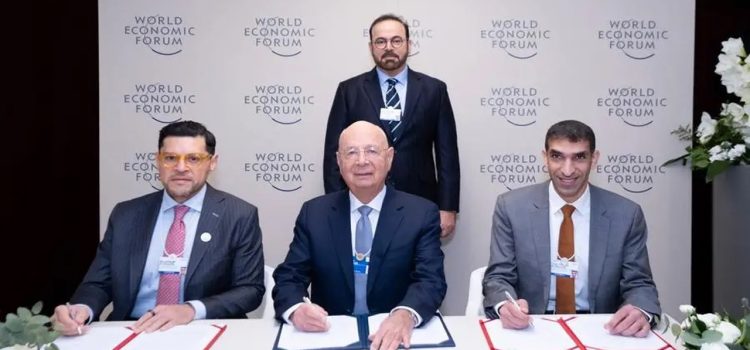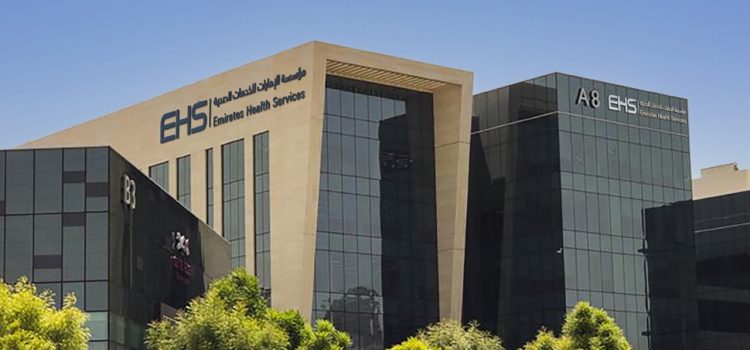
Shipsy, a leading global SaaS-based logistics management platform provider which utilizes technologies such as blockchain has signed an MOU with Monsha’at, the Small and Medium Enterprises General Authority of the Kingdom of Saudi Arabia, to support Saudi Vision 2030. This development took place at the sideline of Biban 23 Forum.
The MoU highlighted that Shipsy would offer its technology at a significant concession for all customers channeled through Monsha’at. The logistics SaaS provider also earmarked an investment worth USD 10 million over 5 years in the region to drive technology innovation and research and development.
This MoU’s objective will be to develop and support SMEs and entrepreneurship under the laws and regulations in force in the Kingdom of Saudi Arabia and commensurate with the available resources, aiming to drive growth and economic diversification.
“We are honored to partner with Monsha’at and thrilled to be a part of KSA’s Vision 2030. We are committed to drive technology inclusion in the Kingdom’s rapidly growing supply chain and logistics industry. Technologies like AI, automation, and Machine Learning, IoT, Blockchain and data analytics will create numerous employment opportunities and unlock efficiencies that will help logistics stakeholders build sustainable, agile and cost-efficient logistics processes,” said Soham Chokshi, CEO and Co-Founder, Shipsy.
Prior to this announcement, Alea Global Group Investments carried out a session on Blockchain in Trade Finance during their Alea Sessions edition in Riyadh KSA.
In November 2022, Saudi Arabian, Saudi British Bank (SABB) utilized Contour Blockchain platform to enhance trade finance by improving letter of credit and guarantee procedures for enterprises and international businesses. SABB worked with local fintech entity Bwatech.








